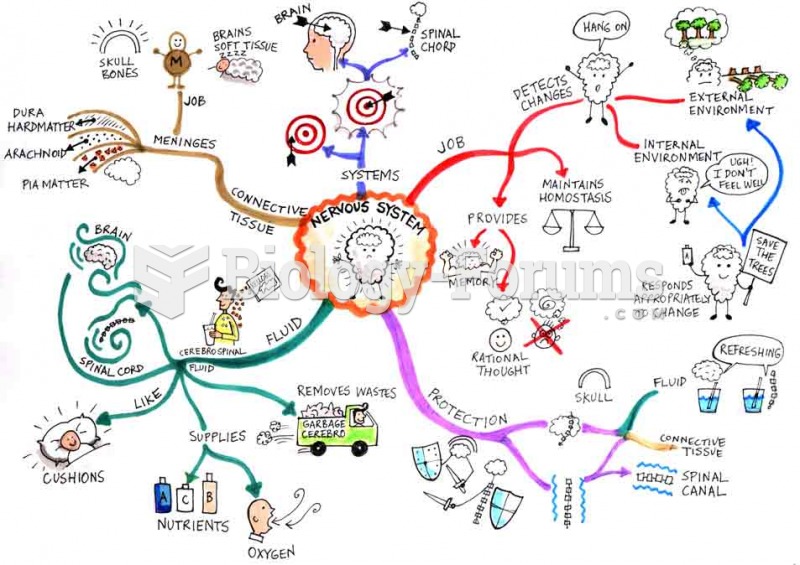This topic contains a solution. Click here to go to the answer
|
|
|
Did you know?
Complications of influenza include: bacterial pneumonia, ear and sinus infections, dehydration, and worsening of chronic conditions such as asthma, congestive heart failure, or diabetes.
Did you know?
Alcohol acts as a diuretic. Eight ounces of water is needed to metabolize just 1 ounce of alcohol.
Did you know?
Adults are resistant to the bacterium that causes Botulism. These bacteria thrive in honey – therefore, honey should never be given to infants since their immune systems are not yet resistant.
Did you know?
Blood is approximately twice as thick as water because of the cells and other components found in it.
Did you know?
Green tea is able to stop the scent of garlic or onion from causing bad breath.







